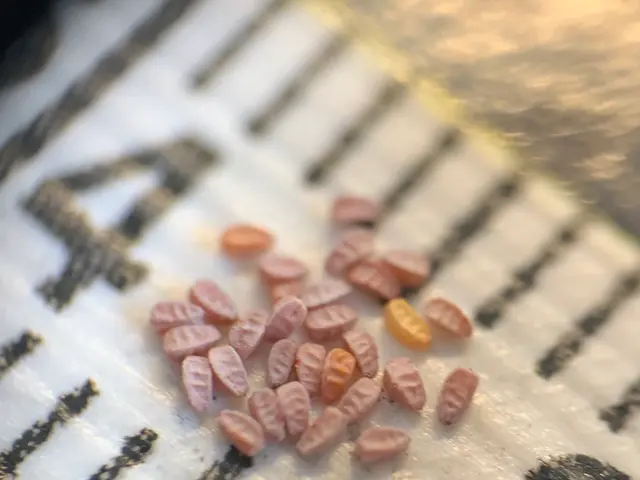Controversial Method of Organ Donation: Weighing the Advantages of Opt-In versus Opt-Out Systems
Organ Donation: Should it be Opt-In or Opt-Out?
Organ donation policies globally differ, leaving us pondering: Would an opt-in or opt-out system work better? A team of researchers from the UK investigated this question, examining organ donation protocols in 48 countries.
An opt-in system requires people to proactively register as organ donors after they pass away. Conversely, an opt-out system assumes donation unless an individual specifically requests otherwise.
People's Inaction: A Catch-22
Professor Eamonn Ferguson, the study's lead author from the University of Nottingham, UK, acknowledges that the reliance on individual action in both systems can result in drawbacks:
"Individuals may refrain from acting for several reasons, such as loss aversion, laziness, or trusting that policymakers have made a sound decision."
Interestingly, inactivity in an opt-in system can lead to a false negative situation, where someone who would have wanted to donate organs fails to do so. On the other hand, in an opt-out system, inactivity can potentially result in a false positive, where someone who doesn't wish to donate may unintentionally become a donor.
The United States' Opt-In Approach
Currently, the United States operates under an opt-in system. Last year, over 28,000 transplants were made possible thanks to organ donors. However, around 18 people still die daily due to a shortage of donated organs, despite these efforts.
So, In or Out?
The researchers from the University of Nottingham, the University of Stirling, and Northumbria University analyzed the organ donation systems of 48 countries over a 13-year period. Of these, 23 used an opt-in system, and 25 employed an opt-out system.
The researchers found that countries using opt-out systems had higher total kidney donations - an organ in high demand among those on organ transplant lists. Opt-out systems also registered greater overall organ transplant numbers.
Opt-in systems, however, had a higher rate of kidney donations from living donors. This seemingly influencing factor is intriguing to Prof. Ferguson, who stated, "This impact has not been reported before, and it's a subtlety that deserves greater attention."
The authors acknowledge the study's limitations, as it didn't distinguish between varying degrees of opt-out legislation and neglected to assess other factors affecting organ donation.
Future Directions
Researchers suggest that their findings, published in BMC Medicine, can guide future decisions on policy. However, they believe the study's strengths could be improved by the consistent collection of international organ donation data, which should then be made publicly available.
Looking ahead, Prof. Ferguson suggests that further studies could examine individuals' beliefs, desires, and opinions about opting in or out, using a blend of surveys and experimental methods.
Addressing the Organ Donor Shortage
The authors note that countries embracing opt-out consent still experience organ donor shortages. Instead of relying solely on a change in consent legislation, they propose that adopting aspects of the "Spanish Model" could help increase donor rates.
Spain currently boasts the world's highest organ donation rate, thanks in part to measures like its transplant coordination network (operating at both local and national levels) and improved public information about organ donation.
Recently, we at Medical News Today delved into the controversy surrounding farming animal organs for human transplants. Could this be a solution to the organ shortage, or is the issue better addressed through changes to organ donation policy?
Article by James McIntosh
- In the context of science and medical-conditions, the authors of a research study from the University of Nottingham suggest that the opt-out system could lead to higher total kidney donations and overall organ transplant numbers, compared to the opt-in system.
- Despite the United States operating under an opt-in system, there remains a daily shortage of donated organs, with over 18 people still dying due to this shortage.
- A team of researchers investigated organ donation protocols in 48 countries over a 13-year period and found that the opt-out system resulted in greater kidney donations and total organ transplant numbers. However, the opt-in system showed a higher rate of kidney donations from living donors.
- The researchers also propose that countries facing organ donor shortages should consider adopting aspects of the "Spanish Model," which includes implementing a transplant coordination network and increasing public information about organ donation.
- In a separate discussion, the controversy surrounding the farming of animal organs for human transplants raises questions about whether this approach is a solution to the organ shortage or if changes to organ donation policy are more appropriate, as debated in a recent article by Medical News Today. This discussion highlights the broader policy-and-legislation and politics involved in health-and-wellness matters in the general-news context.








